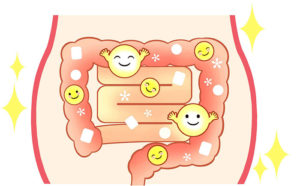There is a veritable wealth of gut flora and bacteria dwelling in your stomach. They aid digestion and help promote healthy, optimal functioning of your digestive systems. Although there are many beneficial bacteria out there, there are also very harmful ones. When sickness occurs due to a bacterial infection, conventional medicine typically goes right for antibiotics.

Using too many antibiotics could erode the balance of good bacteria your gut health depends on.
The reality is that antibiotics can and do provide tremendous benefit when you’re very seriously ill, however, often times they are not as necessary as the first line of defense. And this overuse can seriously impact your gut health long after whatever sickness you had dissipates.
Gut bacteria usually recovers pretty fast but if taking antibiotics there could be long-lasting affects. Antibiotics can disrupt the balance of the many microorganisms in the gut microbiome which can kill both “good” and “bad” bacteria and possibly cause disease.
Research shows that infants who are exposed to antibiotics can have problems with their gut microbiome and their immune system for years. Research also shows antibiotics in children can cause asthma, obesity, and inflammatory bowel disease.
Adults can also have certain affects from antibiotics. Studies reveal that about 4 weeks after taking antibiotics the gut microbiome retuned to normal but 6 months later there was still bacteria in their gut microbiome.
Antibiotics can also affect the gut in a way that it increases the risk of heart disease. For information about digestive issues including how certain supplements, like probiotics, can potentially help problems due to antibiotic overuse, be sure to check out the corresponding section on my website.


